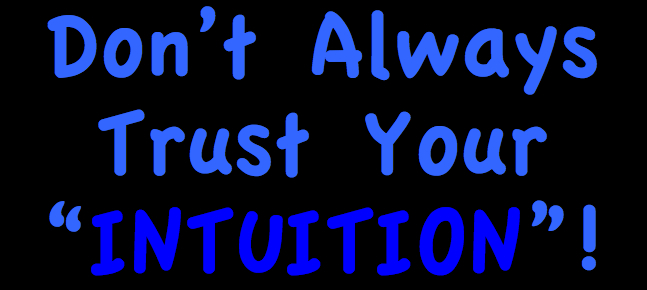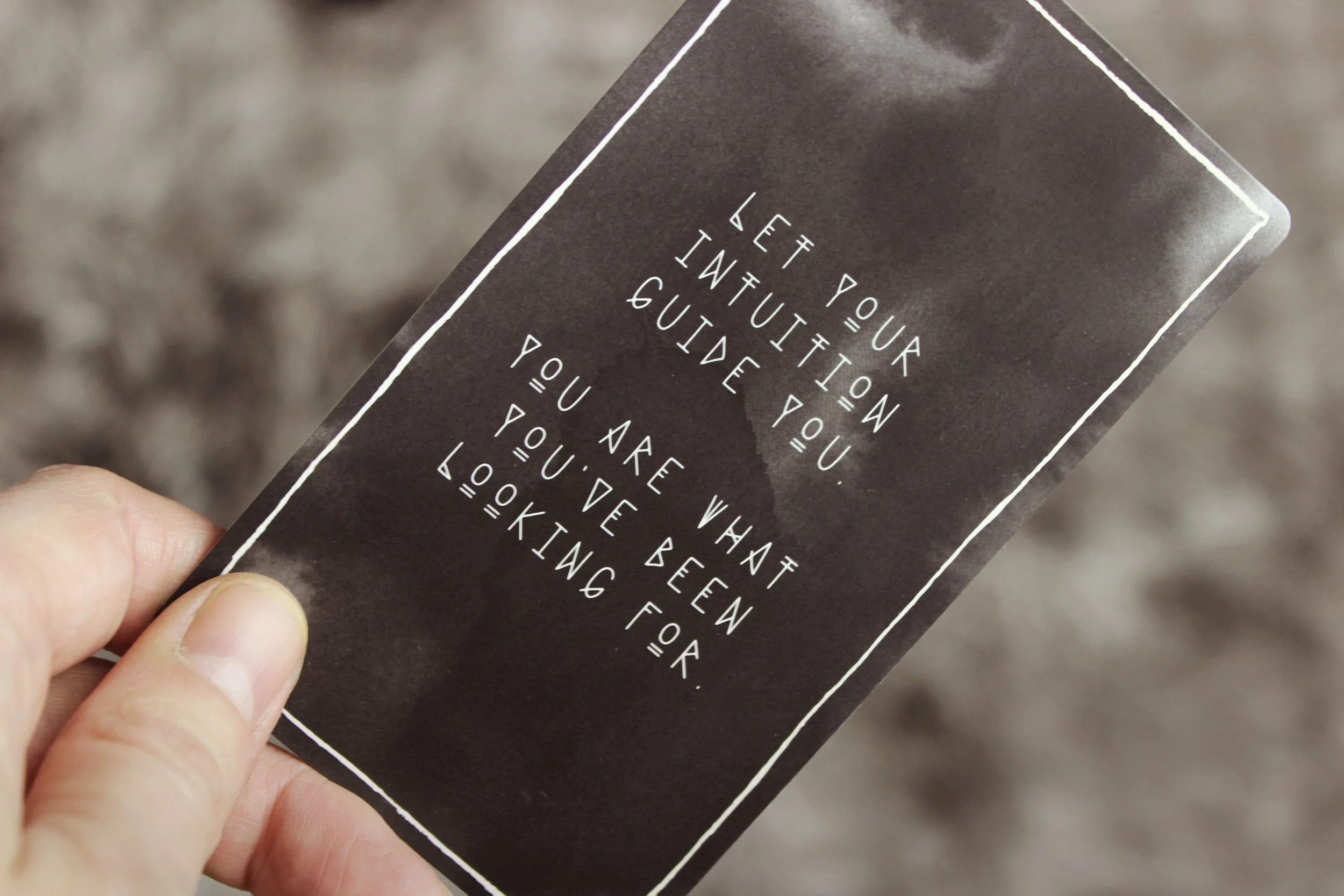
 “I’m just feelin’ it, so I’m going to go with it.”
“I’m just feelin’ it, so I’m going to go with it.”
When the topic of intuition comes up, I find that people often fall into two camps: either they don’t listen to or trust their intuition, or they trust it too much. Interestingly, this realm of “intuition” seems to be the province of women. Tapping into, listening to, acting upon, or speaking about intuition is a gendered topic, perhaps because “knowledge from the brain” is considered masculine and “knowledge from the body” is considered feminine. Unfortunately, these gender restrictions impair us all, as we all have inner wisdom ready to guide us.
I believe intuition reveals in layers, and the more we can gain deep knowledge about ourselves, the more we can understand the nuances of our inner voice. Intuition often shows up as a gut feeling and knowing. Having a “feeling” about something may be your intuition. However, patterned behaviors based on fears and past negative experiences can also show up as a gut feeling. It may be an anxiety reaction or your ego defending itself and needing to feel right. These are clearly different in origin.
I’ve found that my intuition is quite strong and accurate when I’m fully present and aware in a situation, and when I’m in a state of open-heartedness or compassion. However, if I’m feeling threatened emotionally or one of my emotional triggers has been activated, I react from defensiveness and hurt, not from intuition. It seems to be a difference between being receptive or being reactive. Sometimes, it’s hard to tell the difference.
What can we do to develop this discernment? Research strongly points to the practice of mindfulness meditation. Daily practices of sitting quietly, with focus on breath, the present moment, and observing thoughts and bodily sensations without judgment, develops an important part of our prefrontal cortex. Creating more neural connections in this brain area strengthens impulse control, awareness, insight, empathy, and…intuition. I recommend starting with 10 minutes of quiet awareness as a daily commitment. It’s pretty amazing that “doing nothing” can offer all these skills! If you’d like more information on putting this into practice, read "Learning to Trust Yourself" or visit the resources on the Mindsight Website.










































